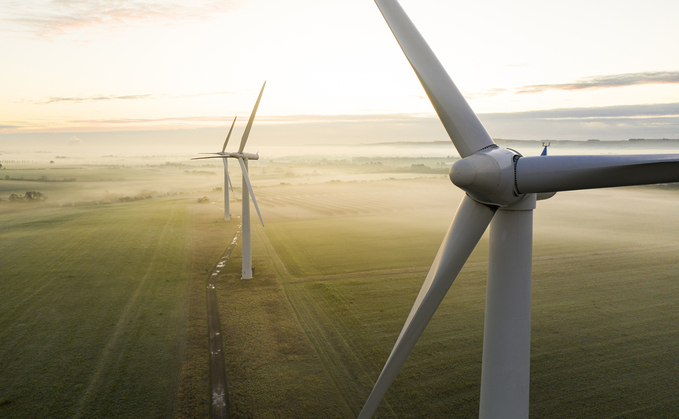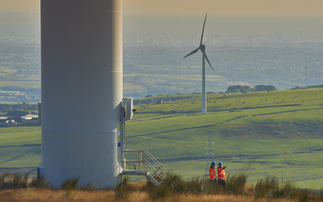
Credit: iStock
Renewables account for 52 per cent of the electricity mix between April and June, new government data confirms
The share of the UK's electricity generated from renewable sources hit a new quarterly record between April and June, accounting for 51.6 per cent of the grid over the three month period according to new...
To continue reading this article...
Join BusinessGreen
In just a few clicks you can start your free BusinessGreen Lite membership for 12 months, providing you access to:
- Three complimentary articles per month covering the latest real-time news, analysis, and opinion from Europe’s leading source of information on the Green economy and business
- Receive important and breaking news stories via our daily news alert
- Our weekly newsletter with the best of the week’s green business news and analysis









